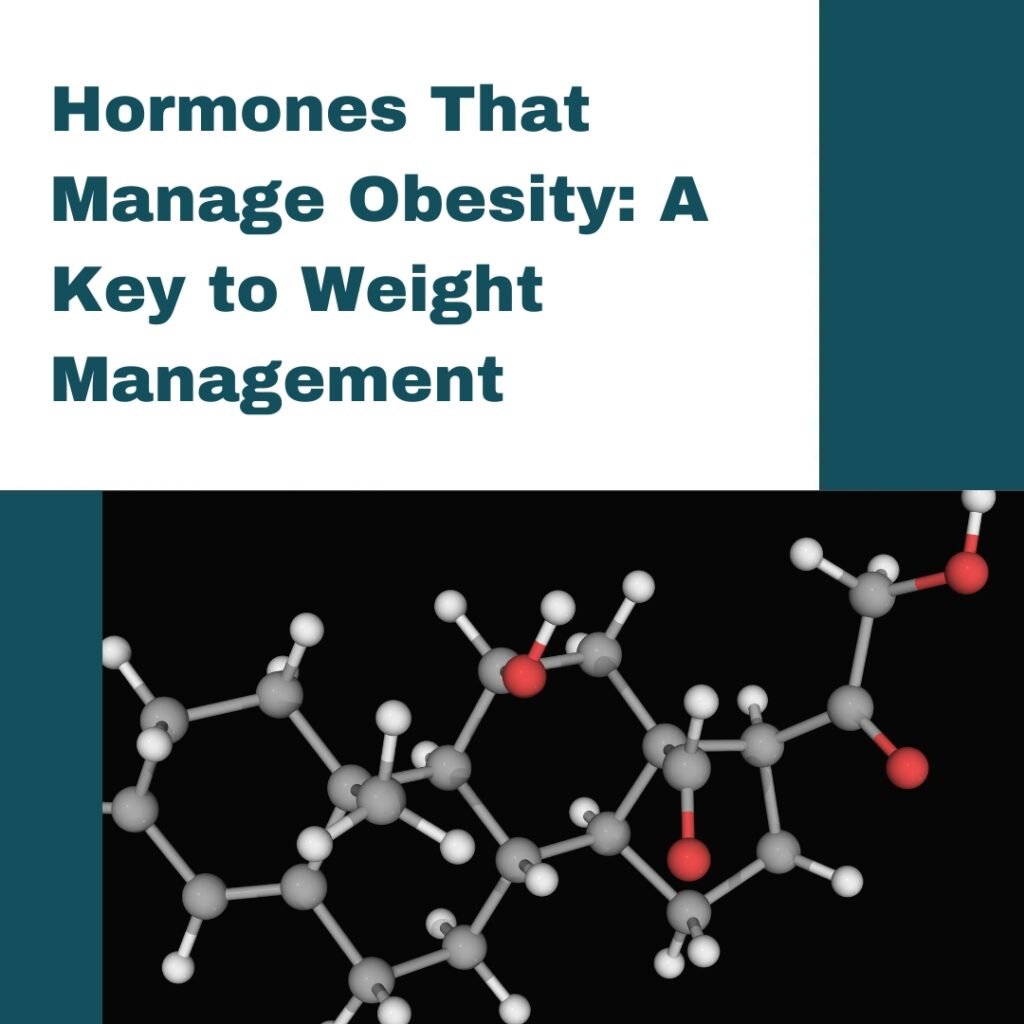Hormones That Manage Obesity: A Key to Weight Management
Obesity is a complex health condition influenced by various factors, including genetics, lifestyle, and hormonal imbalances. Hormones play a pivotal role in regulating appetite, metabolism, and fat storage, making them a critical focus for managing obesity. If you’re struggling with weight management, consulting the best dietitian in Noida can help you understand and address these hormonal influences effectively.
In this blog, we explore the key hormones that influence obesity and how they impact your body’s weight management system.
1. Leptin: The Satiety Hormone
- What It Does: Leptin, produced by fat cells, signals your brain that you have enough energy stored, reducing hunger and promoting energy expenditure.
- Role in Obesity: Obese individuals often experience leptin resistance, where the brain doesn’t respond to leptin signals, leading to overeating.
2. Ghrelin: The Hunger Hormone
- What It Does: Produced in the stomach, ghrelin stimulates appetite and promotes food intake. It peaks before meals and decreases after eating.
- Role in Obesity: High levels of ghrelin or delayed suppression after meals can lead to overeating and weight gain.
3. Insulin: The Fat Storage Hormone
- What It Does: Insulin regulates blood sugar levels and promotes the storage of excess energy as fat.
- Role in Obesity: Chronic high insulin levels (often due to a high-sugar diet) can cause insulin resistance, a condition associated with obesity and type 2 diabetes.
4. Cortisol: The Stress Hormone
- What It Does: Cortisol helps your body respond to stress and regulate metabolism.
- Role in Obesity: Prolonged stress leads to elevated cortisol levels, promoting fat storage, especially in the abdominal area.
5. Thyroid Hormones: The Metabolism Regulators
- What They Do: Thyroid hormones (T3 and T4) control the speed of your metabolism.
- Role in Obesity: Low thyroid hormone levels (hypothyroidism) can slow metabolism, making weight loss challenging.
6. Adiponectin: The Fat-Burning Hormone
- What It Does: Adiponectin enhances insulin sensitivity and encourages fat burning.
- Role in Obesity: Lower levels of adiponectin in obese individuals contribute to fat storage and insulin resistance.
7. GLP-1 (Glucagon-Like Peptide-1)
- What It Does: GLP-1 promotes satiety, enhances insulin secretion, and slows gastric emptying.
- Role in Obesity: Medications targeting GLP-1 are effective in reducing appetite and promoting weight loss.
8. Estrogen and Testosterone
- What They Do: Estrogen regulates fat distribution, while testosterone helps build muscle and reduce fat.
- Role in Obesity:
- Low estrogen levels during menopause can increase abdominal fat.
- Low testosterone in men is linked to higher fat accumulation.
Managing Obesity Through Hormonal Balance
Hormonal imbalances can make managing obesity difficult, but targeted strategies can help:
- Diet and Nutrition:
- A balanced diet rich in fiber, lean protein, and healthy fats can regulate insulin and ghrelin levels.
- Consulting the best dietitian in Noida can provide personalized diet plans to address hormonal imbalances.
- Physical Activity:
- Regular exercise improves leptin sensitivity, boosts metabolism, and reduces stress-related cortisol levels.
- Stress Management:
- Practices like yoga, meditation, and proper sleep can reduce cortisol levels and improve overall hormonal health.
- Medical Interventions:
- Medications like GLP-1 receptor agonists help manage appetite.
- Hormone replacement therapy may be recommended for conditions like hypothyroidism or low testosterone.
- Bariatric Surgery:
- For severe obesity, bariatric surgery alters hormonal responses, such as reducing ghrelin and increasing GLP-1 levels.
Why Consult the Best Dietitian in Noida?
A dietitian understands the intricate relationship between hormones and weight management. By tailoring a nutrition plan to your unique hormonal needs, the best dietitian in Noida can help you achieve sustainable weight loss and improved health.
Conclusion
Understanding and addressing the hormonal factors behind obesity is crucial for effective weight management. Whether it’s balancing leptin and ghrelin, managing stress-related cortisol, or improving thyroid function, every step counts. With expert guidance from the best dietitian in Noida, you can take charge of your health and achieve your weight management goals.
Take the first step today – your healthier future awaits!


